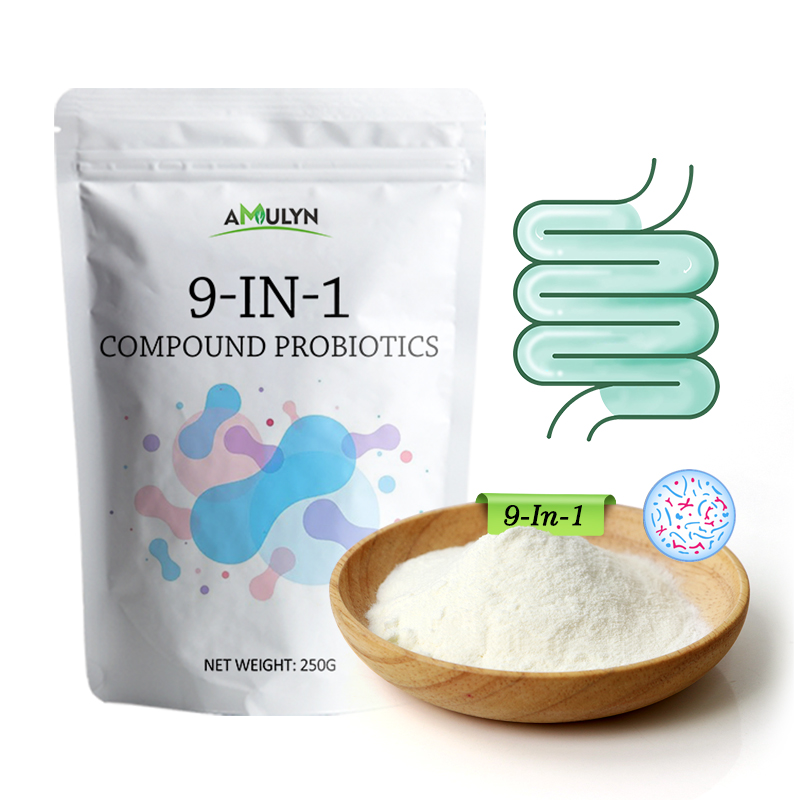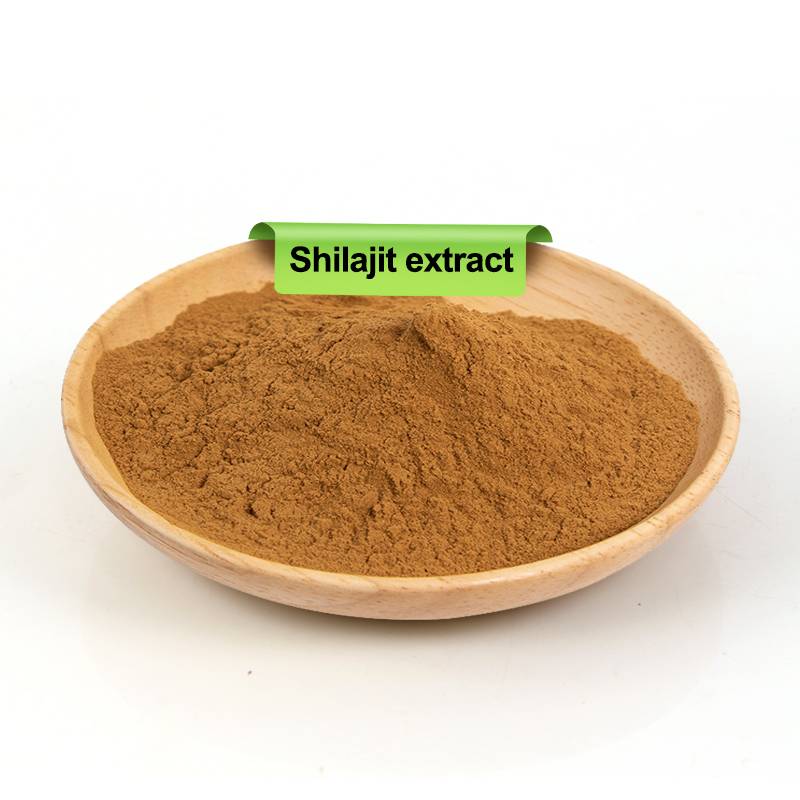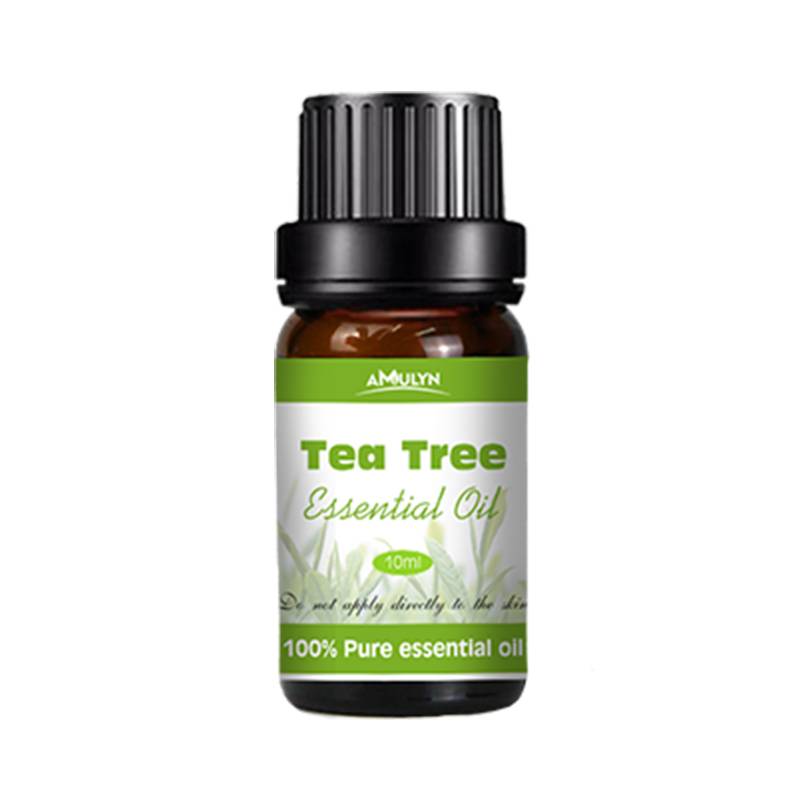1. Propolis Products That Attract Much Attention
In today's society, people's attention to health is constantly increasing, and the pursuit of high-quality healthy life has become a general trend. With the improvement of living standards and the increasing popularity of health knowledge, people are no longer satisfied with the treatment after illness, but pay more attention to daily health care, hoping to maintain the body in good condition through various natural and effective ways.
Among the many choices of health care, propolis, as a substance with the reputation of "black gold", is increasingly valued by people. Propolis is a natural bioactive substance processed by bees from the resin collected from plant spores or tree trunks and mixed with the secretions of their maxillary glands and wax glands. Bees will apply it to the hive to fill the larval nests, beehive gaps and air circulation areas. With its effective sterilization and antiseptic properties, it is beneficial to maintain the hygiene of the hive and prevent virus invasion, and help control the occurrence of bee colony diseases.
At the same time, propolis is rich in flavonoids, phenolic acids, terpenes and many other bioactive substances, which have good therapeutic and health effects on many diseases of the human body.
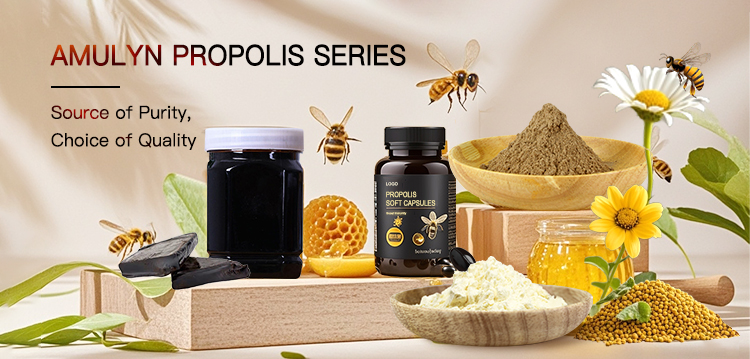
2. Advantages of AMULYN Propolis Series Products
Propolis is a solid colloid formed by mixing plant resins collected by bee insects and their secretions. Bees play the role of "propolis producers" in nature. They first find and collect resinous substances from tree and plant buds, such as conifers, poplars, willows, etc. These plant resins usually contain multiple ingredients and are the basic raw materials for the formation of propolis.
In addition, only in spring and summer when plants grow branches and teeth and resin flows out can bees collect raw materials for propolis production. In addition, the number of worker bees specifically responsible for collecting glue in each bee colony is also small, which makes propolis a relatively rare natural product. After bees collect and process propolis, they will apply it to the hive to fill larval nests, beehive gaps, and air circulation areas. With the effective sterilization and antiseptic properties of propolis, it can keep the hive hygienic and prevent virus invasion, which plays an important role in controlling the occurrence of bee colony diseases.
The surface of propolis is sometimes smooth and sometimes rough. Its fracture surface is sand-like and similar to the appearance of marble. When you touch propolis, you can feel that it has a certain stickiness and a unique beeswax luster, which is due to the wax components it contains, which produces corresponding visual effects under the action of light.
In terms of smell, propolis has a special and pleasant aroma. This unique aroma comes from the volatile compounds contained in it, such as eucalyptol and camphor, which can be sensed by smell. The aroma is pleasant and long-lasting. In ancient Egypt, propolis was also used as a spice. When tasting propolis, you will feel that it tastes slightly bitter and slightly spicy, and it will stick to your teeth when chewing.
3. Special Ingredients In The AMULYN Propolis Series
(I). Flavonoids And Their Effects
Flavones are one of the important ingredients in propolis. Their content in propolis is usually within a certain proportion range. Generally speaking, the standard of flavonoid content in propolis is about 30%-50%. Flavonoids have many beneficial effects on human health. It is a powerful antioxidant that can help the body eliminate free radicals. Free radicals are one of the important factors that cause human cell aging and pathology. Flavonoids can effectively reduce inflammatory reactions by removing free radicals, thereby protecting the health of vascular endothelial cells and playing a positive role in delaying aging.
At the same time, flavonoids also have the function of regulating hormone levels in the human body, which helps to maintain the normal operation of various body functions. Moreover, it can improve the microcirculation in the human body, such as increasing vascular tension, reducing vascular fragility, and optimizing vascular permeability, which is of great significance for maintaining normal blood circulation and ensuring the nutrient supply of various tissues and organs in the body. In addition, flavonoids can also promote skin metabolism and have a beautifying effect, such as helping to smooth wrinkles, decomposing pigments, reducing pigmentation, etc., helping the human body maintain a good health and appearance from multiple aspects.
(II). Terpenes And Their Effects
Terpenes are the main components of volatile oils in propolis. At least 20 to 30 types have been identified, such as sesquiterpene ethanol, α-pinene, β-pinene, α-cedrene, orientin, eucalyptol, etc. It occupies a certain proportion in propolis and is a natural hydrocarbon compound with strong aroma and physiological activity.
As natural ash compounds, terpenes have many beneficial effects on human health. In terms of sterilization, it can inhibit the growth and reproduction of a variety of pathogens, help the human body resist the invasion of external pathogens, and maintain the body's healthy environment. In terms of anti-inflammatory effects, for inflammatory reactions in the body, such as local inflammation caused by injury or disease, terpenes can effectively reduce inflammatory symptoms and relieve discomfort. The analgesic effect is also quite significant. For example, it can play a positive role in relieving the pain symptoms caused by diseases such as frozen shoulder and rheumatoid arthritis, and reduce the patient's pain. At the same time, it also has anti-cancer properties. Through various ways such as regulating the internal environment of the body, it helps to fight cancer to a certain extent and plays an auxiliary role in cancer prevention and anti-cancer. In addition, terpenes also have the effects of bidirectionally regulating blood sugar, lowering blood lipids, promoting blood circulation and removing blood stasis, strengthening immunity, cooling and removing wind, and aromatic opening of the orifices. It regulates and improves the physiological functions of the human body from multiple angles and protects people's health.
4. Benefits of AMULYN Propolis Series in Health
(I). Antibacterial and Anti-inflammatory Effects
Propolis has significant antibacterial and anti-inflammatory effects, which makes it stand out among many natural substances and become a health "guardian" that has received much attention.From an antibacterial perspective, propolis can inhibit the growth and reproduction of a variety of bacteria, fungi and viruses, and has a similar effect to broad-spectrum antibiotics. For example, it can inhibit and kill common pathogens such as Helicobacter pylori, Staphylococcus, Streptococcus, Proteus, etc., can help the human body resist the invasion of external pathogens, maintain the body's healthy environment, and play a positive role in preventing and assisting the treatment of some gastrointestinal diseases caused by bacterial infections. Moreover, propolis can also be used in combination with certain antibiotics to enhance the antibacterial effect of antibiotics and prolong their antibacterial activity, making them more powerful in fighting against pathogens.
In terms of anti-inflammatory, propolis also performs very well, even stronger than the traditional anti-inflammatory drug aspirin. In addition, the antibacterial and anti-inflammatory properties of propolis are also reflected in the improvement of skin problems. When the skin is damaged or infected, topical propolis can effectively inhibit pathogens, prevent inflammation from worsening, and promote the repair and regeneration of skin tissue.
(II). Blood Sugar Regulation Effect
Propolis has shown positive effects in regulating blood sugar, which has brought certain help to diabetic patients and people who are concerned about blood sugar health.
The ingredients in propolis can improve the activity of pancreatic β-cells and improve the secretory function of pancreatic islets. For example, flavonoids and terpenes can promote the synthesis of exogenous glucose into glycogen and regulate blood sugar in both directions, which can significantly reduce blood sugar levels. In addition, propolis can also increase the body's sensitivity to insulin, improve insulin resistance, and effectively regulate blood sugar from multiple aspects.
However, it should be made clear that although propolis has the effect of regulating blood sugar, it cannot replace drug treatment. For people with diabetes, a reasonable diet, proper exercise, and following doctor's advice for drug treatment are still crucial. Propolis can be used as an auxiliary means to help maintain relative stability of blood sugar.
(III). Regulating Blood Lipids
Propolis also has a significant effect on regulating blood lipids, which is of great significance to maintaining human cardiovascular health.
Propolis is rich in bioactive ingredients such as flavonoids and ferulic acid, which have been shown to have antioxidant and anti-inflammatory effects. They can regulate blood lipid levels through multiple mechanisms.
(IV). Antioxidant And Anti-Aging Effects
The flavonoids in propolis are powerful antioxidants that can help the body eliminate free radicals. Free radicals are one of the important factors that cause aging and pathology of human cells. Flavonoids can effectively reduce inflammatory responses by removing free radicals, thereby protecting the health of vascular endothelial cells. Moreover, terpenes and other ingredients in propolis also have antioxidant capabilities. They work synergistically to fight against the damage of free radicals to the body.
From a cellular level, propolis can increase the activity of intracellular antioxidant enzymes such as superoxide dismutase (SOD), enhance the cell's antioxidant defense system, and enable cells to better maintain their own structural and functional integrity when facing adverse factors such as free radicals, thereby delaying the aging process of cells.
(V). Promote Tissue Repair And Regeneration
When human skin is damaged or ulcerated, such as burns, scalds, or wounds caused by trauma, propolis can be used externally. The various bioactive ingredients it contains can stimulate the proliferation and differentiation of local cells, accelerate the formation of new tissues, and inhibit bacteria, prevent inflammation from worsening, create a good environment for tissue repair, play a role in detoxification and swelling, astringency and muscle regeneration, promote skin tissue repair and regeneration, and help wounds heal as soon as possible.
5. Product Application Of AMULYN Propolis Series
(I). Health Care Products
In the field of health care products, propolis has a very wide range of applications and is very popular. Common propolis health care products on the market are in various forms, such as propolis soft capsules, propolis powder, propolis spray, propolis oral liquid and propolis tablets.
The reason why propolis occupies an important position in the field of health care products is due to its rich bioactive ingredients and many health-promoting effects. The flavonoids and terpenes it contains have antioxidant, antibacterial and anti-inflammatory, and immune regulation effects. For people with weak immunity, prone to colds or in sub-health conditions, taking propolis health care products in moderation can stimulate the production of white blood cells, enhance the phagocytic ability of white blood cells and macrophages, and then enhance the body's specific and nonspecific immune capabilities, help enhance the body's resistance, and prevent the occurrence of diseases.
At the same time, the antibacterial and anti-inflammatory effects of propolis are also valuable in the application of health care products. For some people who suffer from chronic inflammation, such as chronic rhinitis and pharyngitis, long-term use of propolis health products can help alleviate inflammatory symptoms, inhibit the growth of bacteria, and improve physical discomfort. Moreover, propolis can regulate blood lipids and blood sugar, making it an option for people with high blood lipids and high blood sugar in daily health care. By helping to regulate the body's metabolic function, it can maintain cardiovascular health and blood sugar stability to a certain extent.
In addition, propolis is also often used in health products related to beauty and skin care. The flavonoids in propolis can promote skin metabolism, such as smoothing wrinkles, decomposing pigments, and reducing pigmentation, which helps people maintain a good appearance and make the skin healthier and more radiant. However, when choosing and taking propolis health products, it is necessary to follow the doctor's advice and consume them in moderation according to personal health conditions to avoid adverse reactions such as allergies to ensure that its health care effects can be safely and effectively exerted.
(II). Food Field
Propolis can be used as a natural additive and added to foods such as candied fruits, biscuits, and honey to improve the nutritional value of these foods. For example, in the production of some functional biscuits, adding an appropriate amount of propolis can not only give the biscuits a unique flavor, but also allow consumers to ingest the beneficial ingredients in propolis while eating the biscuits.
Because propolis has antibacterial, antiviral and antiseptic properties, it can be used as a non-toxic additive in the preservation of various foods. At present, propolis has been widely used in the preservation of fruits and vegetables, meat and meat products, eggs, dairy products, and aquatic products. In addition, propolis has been applied abroad in the preservation and anti-oxidation of sausages, and propolis also has a good antioxidant effect in vegetable oils, which can extend the shelf life of vegetable oils and ensure their quality.
In addition, propolis itself is also a nutritious substance, which contains more than 300 nutrients in 20 categories, including a variety of vitamins, minerals, and amino acids. People who eat foods containing propolis ingredients can supplement the nutrients needed by the body to a certain extent, promote physical health, and add health protection to their daily diet. However, when adding propolis to food, the amount of addition needs to be strictly controlled, and relevant food safety standards must be followed to ensure consumer safety.
(III). Medical Field
On the one hand, propolis can be processed into a variety of dosage forms for the treatment of diseases. For example, oral liquids and capsules made of propolis can be used to assist in the treatment of some chronic diseases. For patients with gastritis and gastric ulcers, propolis can inhibit the growth of Helicobacter pylori, reduce gastric inflammation, promote the repair of gastric mucosa, relieve stomach pain, bloating and other discomfort symptoms, and help improve gastric diseases; in terms of respiratory diseases, such as chronic pharyngitis and bronchitis, the antibacterial and anti-inflammatory effects of propolis can reduce respiratory bacterial infections, reduce inflammatory reactions, assist in improving symptoms such as coughing and sputum, and improve the patient's respiratory health.
On the other hand, some extracts of propolis are also often used in medical research and development. Researchers extract ingredients with special effects from propolis and try to develop new drugs or auxiliary therapeutic drugs. For example, we can use the antioxidant and immune-regulating ingredients in propolis to explore its application in anti-tumor adjuvant therapy, and help cancer patients fight the disease better by enhancing the body's immunity and reducing the side effects of radiotherapy and chemotherapy.
At the same time, propolis also plays a positive role in the field of oral medicine. Clinically, propolis-made films and ointments can be used to treat common oral diseases such as oral ulcers and periodontitis. They can inhibit the growth and reproduction of harmful bacteria in the mouth, reduce the damage of inflammation to oral mucosa, gums and other tissues, promote wound healing, relieve pain, and compared with some traditional oral medications, the natural properties of propolis make its side effects relatively smaller and more popular with patients.
In summary, propolis, with its rich bioactive ingredients, shows many health benefits and is worthy of the reputation of "black gold".
And we provide a variety of bee products to meet the various needs of customers. Our product line includes: propolis powder, propolis blocks, propolis liquid, propolis soft capsules, propolis tablets, etc. Whether you prefer the original form, convenient capsules or a liquid formula, the AMULYN Propolis range ensures you'll find the ideal form for your specific needs and lifestyle.
Get Quotes
 Koicha Ceremonial Grade Matcha Powder
Koicha Ceremonial Grade Matcha Powder Organic Ceremonial Grade Matcha Powder
Organic Ceremonial Grade Matcha Powder Premium Beverage Grade Matcha Powder
Premium Beverage Grade Matcha Powder Everyday Culinary Grade Matcha Powder
Everyday Culinary Grade Matcha Powder Organic Instant Pure Matcha
Organic Instant Pure Matcha Soy Lecithin Powder
Soy Lecithin Powder Sunflower Lecithin Powder
Sunflower Lecithin Powder Soy Lecithin Granules
Soy Lecithin Granules Phosphatidylcholine
Phosphatidylcholine  Phosphatidylserine
Phosphatidylserine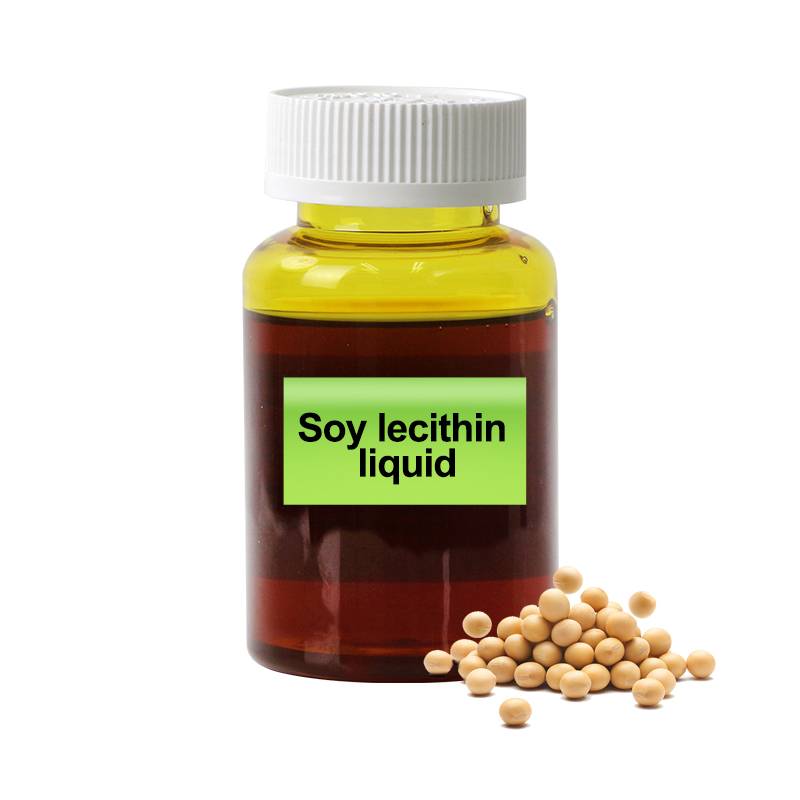 Soy Lecithin Liquid
Soy Lecithin Liquid Reishi Mushroom Powder
Reishi Mushroom Powder Lion's Mane Mushroom Powder
Lion's Mane Mushroom Powder Cordyceps Sinensis Powder
Cordyceps Sinensis Powder Chaga Mushroom Powder
Chaga Mushroom Powder Shiitake Mushroom Powder
Shiitake Mushroom Powder Cordyceps Militaris Powder
Cordyceps Militaris Powder
















